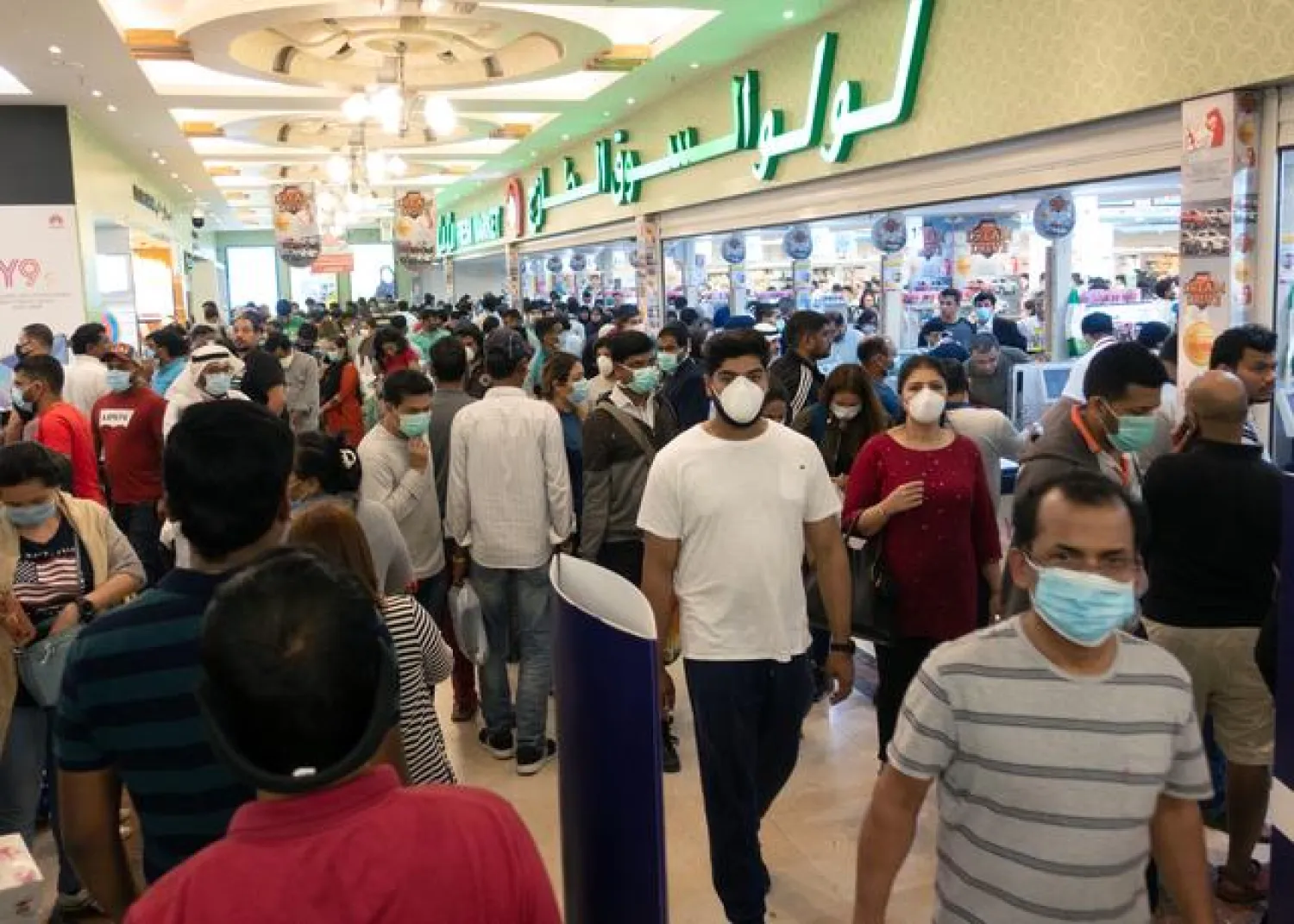Kuwait's Ministry of Commerce and Industry announced the closure of eight stores, some of which were selling Israeli products, and referred them to the prosecution.
The Ministry said on Sunday that inspection teams seized products made in Israel and banned in local markets according to the law, but were sold in the Al-Shuwaikh area in Kuwait.
The Ministry said it received a complaint from a consumer claiming that a company was selling Israeli-made goods.
It added that the concerned teams followed up the issue and found the Israeli products after inspection.
Kuwait's law and regulations prevent selling and dealing with products made by the Zionist entity.
The Ministry of Commerce said that seven shops, four of which violated the ministerial decree prohibiting local shops from selling counterfeit consumer goods, a restaurant and a refilling factory were shut.









